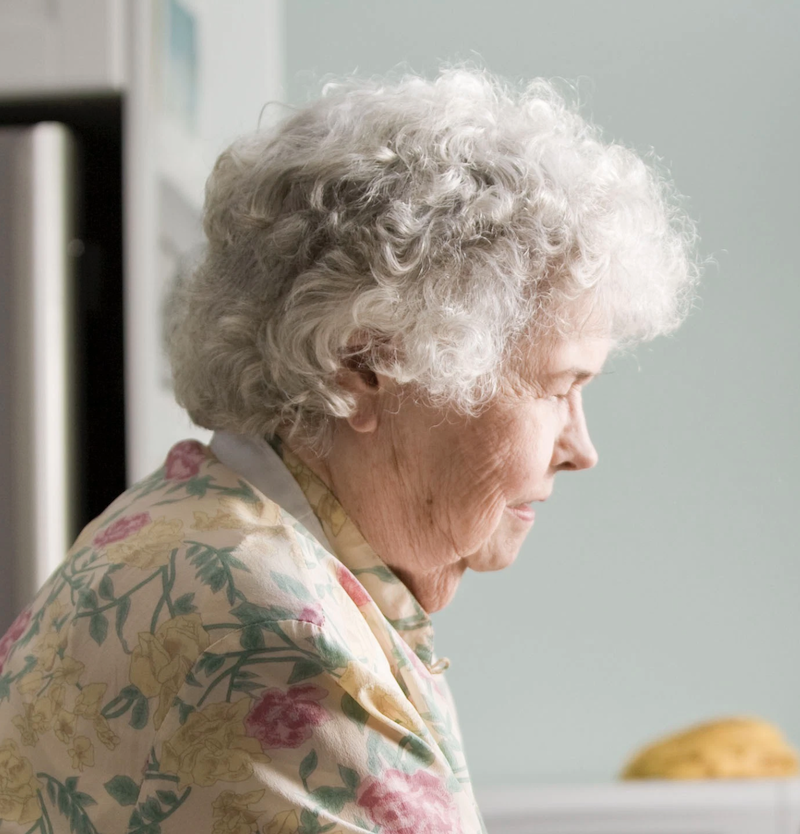Why the NHS sight test doesn’t help slow readers
The NHS Sight Test, often known as an eye exam or vision screening, primarily assesses visual acuity (how far you can see down the test chart) and the ability to see clearly at a distance.
A cataract is a clouding of the lens in the eye that affects vision. It occurs when proteins in the lens begin to clump together, forming opaque areas that interfere with the passage of light through the lens. This can result in blurry vision, decreased contrast sensitivity, and difficulty seeing in low light conditions.

Most people will develop cataracts in their lifetime. Quite often one eye will be affected before the other.
Ageing is the main cause of cataracts however, they may be formed due to injury to the eye, diabetes and by steroid use. You can also be born with cataracts, although only a very small number of babies are.
If you notice any of the following, this may be a sign of a developing cataract:
You can still drive with cataracts, as long as you meet the vision standards for driving. During your eye examination, your Optometrist will explain to you whether you meet these standards or not, and whether spectacles can improve this for you or not.
While there’s no guaranteed way to prevent cataracts, there are several steps you can take to reduce your risk or delay their onset:
For further details on our UV protection options please click here.
If day to day tasks such as driving and cooking are being affected by your cataract(s), and your Optometrist and Dispensing Optician team cannot improve your vision enough with spectacles, we can refer you to an Ophthalmologist for surgery.
We have a number of different routes available to us to be able to provide you with the best possible care. Once the Optometrist has taken your medical history and current medications, they will assess your cataract, vision and the impact on your day to day. Once all of this information is gathered they will discuss with you the options available to you and the current proposed wait times for surgery. Depending on the information gathered this could be anything from 1 month to 18 weeks.
Once you have been referred you will be invited to an initial appointment. This is an information gathering session, where the outcome of the surgery can be discussed. It may be that you wore glasses for both distance and near, however after surgery, you may only need spectacles for reading. The specifics are unique to you, your general health, current prescription and other factors, but all available options will be discussed with you at this appointment.

The NHS Sight Test, often known as an eye exam or vision screening, primarily assesses visual acuity (how far you can see down the test chart) and the ability to see clearly at a distance.